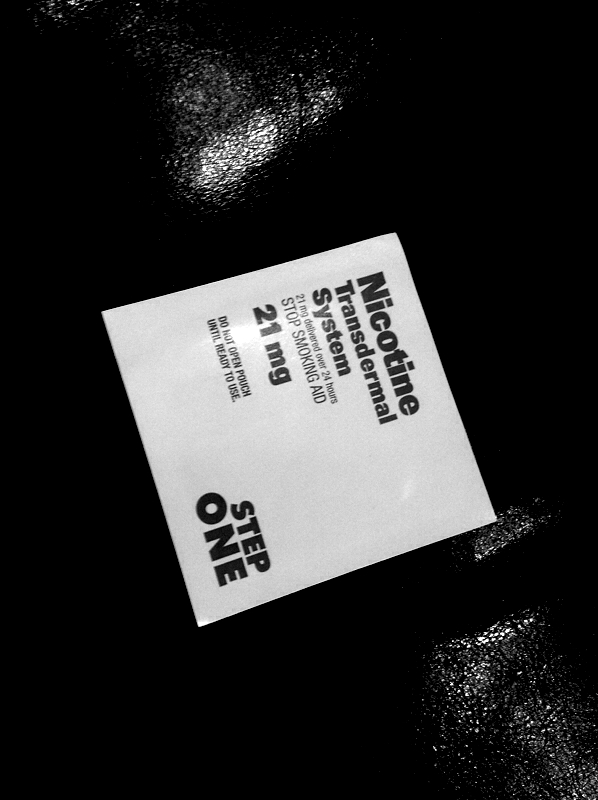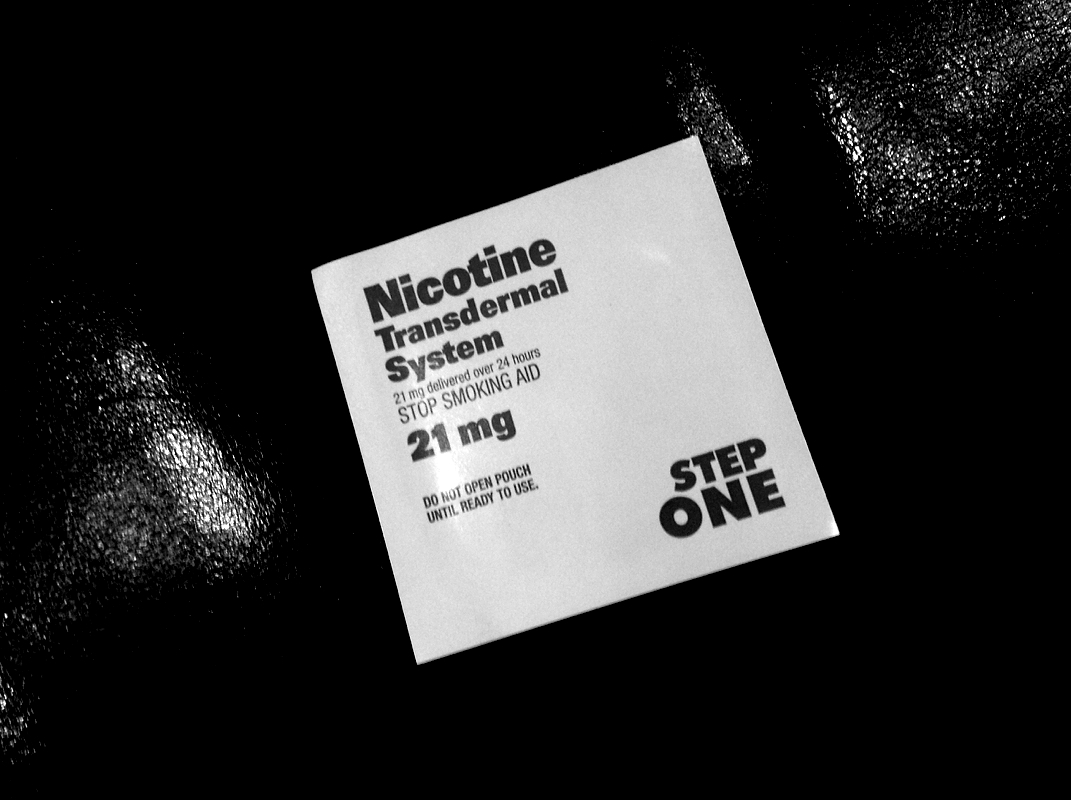|
People confuse the terms "normal" and "common," leading to what I call the average myth. It's this idea that commonplace somehow connotes goodness. Regularity somehow ends up meaning acceptable. This conflation makes us victims of the average myth. There are three incarnations of the average myth: deprecating reverence; deviance proclamations; and guru fairy tales. Deprecating reverence - "That's so amazing. I could never do anything like that." - You recognize it's a great accomplishment; but you fail to realize that it was done by an imperfect, flawed, foolish, bumbling, stumbling human being not too unlike yourself. Yeah, be realistic. With zero background, it's unlikely that you will at 70 years old begin your first ever exercise regimen and win the very next Olympic Gymnastics competition. However, fear and pre-visualized failure are self-fulfilling prophecies. If another human has done it, you can do it. It's just a matter of will multiplied by time. Deviance Proclamations - "Well, that prodigy couldn't have had a normal childhood; that athlete's diet is just too weird; that successful person just has such an odd schedule." - Duh. You recognize that they're doing something different; but you have to vilify it so as to protect your own complacency and laziness. Again, deviance from the commonplace is what makes exceptionalism. When you say, "it's normal for people to eat like this, act like this, think like this, etc.," what you really mean is that it's common. Yes, it is common. Common isn't good, healthy or worthy of esteem. It is common to eat like crap. It is common to abuse your body. It is common to balk at hard work. Vilify the hard workers, the dedicated, the dutiful all you want; that vilified deviance you lament is the very grit which creates a bell curve. Feel free to sit in the fat bubble in the middle. But some elbow grease will have you soaring elsewhere in another quadrant. Guru Fairy Tales - "You can do anything you want. Just look at me, and here's how I did it with less than one hour per week, a two dollar budget and walking uphill in the snow both ways." - The premise is largely true, but the method is bull. I like to pick on Tim Ferriss for this example because, well, it's easy. I'll leave aside "The 4 Hour Work Week" nonsense, as plenty of others have picked it to pieces. And I'll stay just within my immediate domain of expertise: fitness. Tim Ferriss is this guru who has sold a brand whose message is basically "all the results without any of the work." The titles of his books say all. But the funniest thing about his 2010 "The 4 Hour Body" is that, although it contains a great number of good factoids on intense exercise, ultimately it's a sham. The overt claim is that about four hours of "smart" work is all that's needed for exceptional physical wellness. Now, keep in mind, Tim Ferriss has never GOTTEN INTO shape. He's a lifelong athlete, holds some world record for ballroom dance, is into mixed martial arts training, and, as of late, got into rock climbing. So when, pray tell, did he ever experiment with only four hours of activity getting him into superhuman conditioning? The obvious answer is never. Anyhow, the point is clear. Yes, you can do a lot more than you think. And yes, there is value in working smarter not just harder. But careful on your sources. Gurus are out there to sell a lie that is loosely based on some actual facts. You won't get where they are by doing what they claim. You will get to where they are by doing what they do. Unfortunately, in most cases, this means becoming a lying cheat. So, if you want to accomplish something big AND maintain some modicum of ethics, morality and humanity... you won't do it in less than an hour a week OR on a two dollar budget. You may have to walk uphill in the snow both ways, because, after all, that would be weird, abnormal, and uncommon. But you can do it, even if you thought it was too late in life to get started. Don't worry. That's normal.
2 Comments
Nicotine can help you lose weight, get stronger, live healthier and longer. Hear me out; I was the first one saying it. Since prior to even entering the fitness industry, I had an intense interest in the physical sciences, leading me to take a variety of premed biology and physiology courses unrelated to my track (computer science and business finance) at the time. Then, starting about three years ago, I began watching what eventually added up to a few hundred hours of USMLE1 medical lectures. I was fortunate enough to have clients who are surgeons, MD PhDs, specialists, nurse practitioners and the like. Through this experience, a controversial notion dawned on me about nicotine - that it could be one of the best supplements of all time. In one series of lectures, after covering ascending tracts of the nervous system, we got to neuromuscular junctions, end plate, and muscarinic and NICOTINIC receptors. "Odd," I thought, "that there be receptors within humans actually termed 'nicotinic' receptors." Though it wasn't new to me, something that particular day sparked an intense curiosity which I needed to feed. Nicotine is in the soil. It's in decent concentration in a variety of foods, like eggplant, for example. It's greatest abundance is in the tobacco plant obviously. We can synthetically produce mass quantities. And we are biologically primed to respond favorably to the compound. Strictly speaking, it's a pesticide produced by plants to protect themselves, not unlike caffeine in the coffee bean. Like caffeine, for a large animal like us, it's not so much deadly as it is a mild nervous system irritant, and, perhaps, purely capable of benefit when used appropriately. Anecdotally, for eons there's been the notion that tobacco use improves athletic performance. But teasing out the benefits of nicotine itself from the costs of tobacco use has been difficult. Smoking is carcinogenic. There are cancer-causing properties to tar, asbestos, a burning flame of any kind inhaled, and even nicotine in extremely high dosing. Smokeless tobacco has also proven to increase risk of all kinds of chronic disease and cancers. But the funny thing is that as I looked for peer reviewed papers studying just nicotine, not tobacco, I came up nearly empty handed. Some very curious studies noted that tobacco users have a far lower incidence of various neurodegenerative disorders like Parkinson's. Furthermore, longevity studies have found these incredibly long-lived Mediterranean people who simply don't get dementia (or any chronic disease for that matter); and they do have a disproportionately high incidence of tobacco use. That was about it. Long story short, I determined that the nicotine itself, separate from tobacco, like any drug, when used in a controlled manner, cycled off for periods of time, confers a variety of pure benefits. So, I experimented with the gum in the summer of 2012. What I discovered may be the best kept wellness secret out there. In my initial experiment, I didn't notice a whole lot. After chewing the nicotine gum, I'd get mentally sharper, but not necessarily incredibly stronger. Though many people in my life were concerned that I'd become addicted, the results were so poor that I didn't even complete my originally intended eight week trial. However, I'd later find that I wasn't even close on the dosing. About two years after I had come up with this crazy idea, John Kiefer came out with an electronic book entitled "Nicotine Declassified." It's release serendipitously coincided with my search, on the behalf of one of my fitness competitor clients, for a non-banned supplement which might make one leaner and more muscular. You see, drug-tested bodybuilding and physique judging competitions have such a long list of "no no's" that you could actually have accidentally taken a banned substance in an unassuming and otherwise totally benign over the counter pill, energy drink, cosmetic or powder. Ironically, nicotine is not on the lists since it isn't YET a definitively proven ergogenic aid. Now, I might've been ahead of Kiefer by a couple years, and the rest of the world by a couple more. But what Kiefer got down was all the copious references which had eluded me in my prior two year search. Contained within those references was the magical value of a nicotine concentration of 8-10 mg/dL of blood serum to get the additional recruitment of muscle fibers and other fat burning and neuroprotective benefits one might want. Unlike my 2012 dainty dosing of a half piece of 2mg gum for a 220lb male, I learned from Kiefer that an average adult was likely going to have to take a 4mg piece before they really obtain the chutzpah. The summary is that nicotine works and well. The exact method of application is a bit too involved for an article like this, because so many personal traits and individual health factors play into it. My favorite use has been to enable me to work longer days, learn more, extend my intermittent fasting periods and recover from interrupted sleeping schedule with ease. Coaching clients of mine have annihilated fat or systematically and predictably gained strength non-stop for months on end. But cycling off and re-upregulating receptors optimally is a little complicated. As such, it hasn't maintained my personal interest for more than six weeks at a time since nailing the dosing. I haven't chewed a piece of nicotine gum in months. To integrate nicotine really well as a bodybuilding supplement is more involved than Kiefer seems to even know about. His on-off method is far too simplistic and hopelessly naive. There are ways to accelerate receptor upregulation, like ketotifen and Benadryl cycling. All that being said, I have a client with Parkinson's who, after I availed him of the research, tried 2mg dosing erratically. That is, we didn't cycle his intake up, down, or in any systematic manner. He just took it some days and not others. But the wild outcome was that acutely, within 10 minutes of this paltry dose, his neck tightness and stinging muscle pain from the Parkinson's melted away. It was more immediately effective than any of the medications he'd been prescribed. He told his neurologist, who thought this was a nice little curiosity and not much more. Several months later I connected with an Alzheimer's researcher who told me that, since my Parkinson's client's doctors didn't seem particularly motivated to follow up on the promising results, all of this seemed significant enough that I should write up a research grant proposal. My reaction was twofold: one - who is going to actually listen to me; and two - that's why I'm telling someone like you. But fields of research are so specialized that, even as a neuroscientist, his acumen, respect and influence lies outside the doors of Parkinson's. And as of September 2013, that's all she wrote... Except I kept thinking of how to get this out to the world. I started this article a few dozen times, realizing I was onto something big enough to mobilize for gain. I imagined a weightloss system and supplement line all centered around my and my client's experiments. I wanted to blog about it, tweet about it, finally get a Facebook page to post about it. I waited to launch. I waited. And I waited some more. And then, a few days ago, the same researcher who had instructed me to write a proposal last year sent me a link for a Discover Magazine article touting nicotine as the next wonder drug breakthrough. So now it's in the zeitgeist. What everyone thought was crazy, foolish or old wives' tale, is now finally discussed within the medical and scientific communities. The antiquated nebulous and inconclusive nicotine studies are being reevaluated. And the ones showing benefit are getting a little more attention. Perhaps, just maybe, there's still a chance for me to get out ahead of the come-lately's who are going to take credit for this discovery. Either way, nicotine has benefits. Like any drug, it can be channelled healthily or abused as a vice. For those willing to apply it correctly, it's mostly upside. And just so you know, I was saying this first. |
Elev8 Wellness
|
LIVE. AWESOME.We offer the highest quality in personal fitness, nutrition, and mindset coaching, helping you achieve your fitness, health, wellness and performance goals no matter the obstacle. With virtual online training and private, in-studio training we make it easier to reach your wellness goals safely.
No more can't. No more not good enough. If you compete in a sport, let your mind no longer hold you back from being the greatest. If you don't, let your mind no longer hold you back from being the best version of you that you can be. Sign-up for a Tour Covid Screen Waiver Elev8 Waiver Become an Elev8 Instructor Space Rental |
6244 lyndale ave. s., minneapolis, mn 55423
|
© 2021 Elev8 Wellness LLC. All Rights Reserved. site map | contribute | SITE BY Sproute Creative




 RSS Feed
RSS Feed
